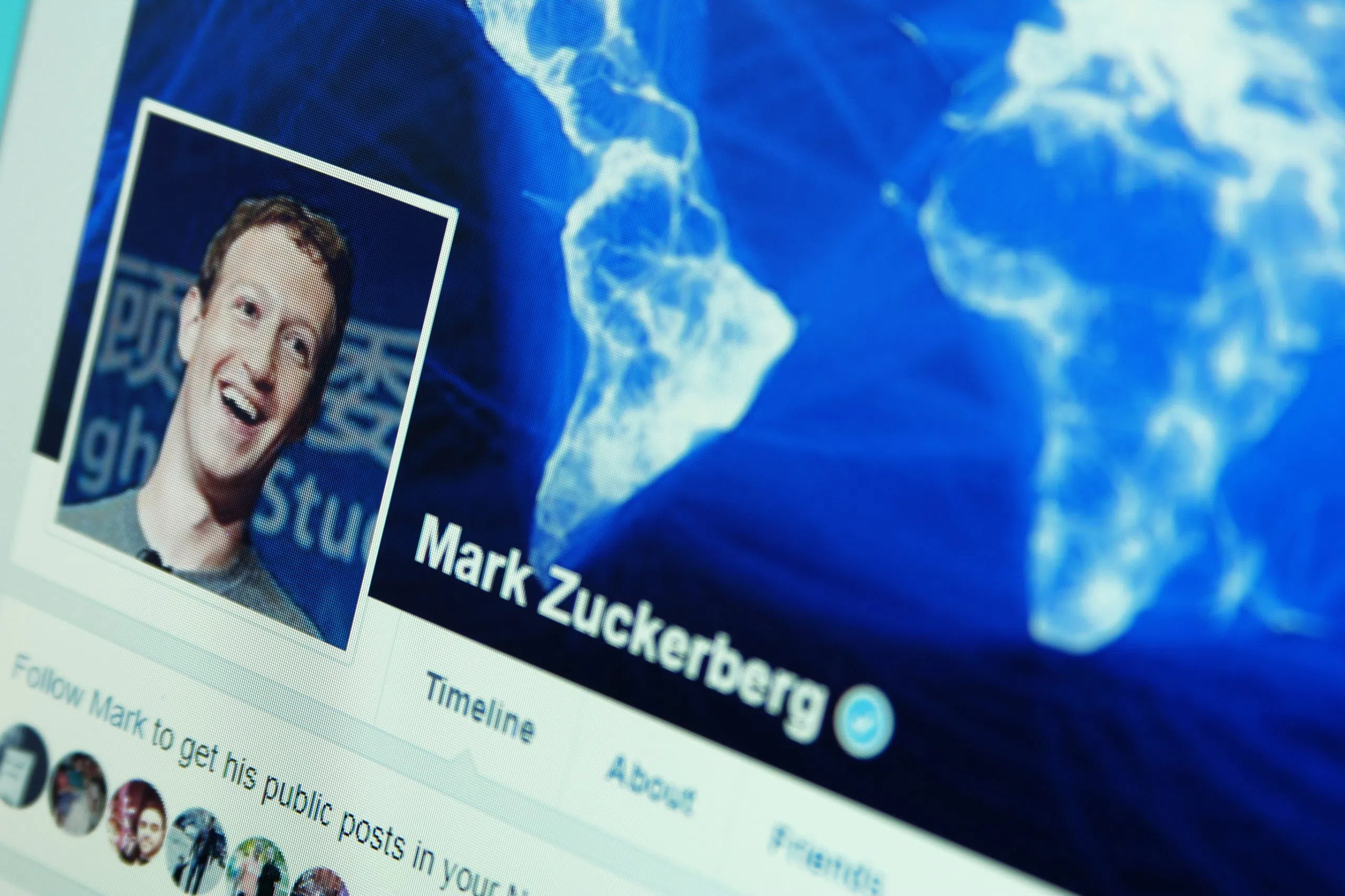
CHARBONNEAU: The computer age let me down
AS SOMEONE WHO HAS WORKED IN ELECTRONICS all my life, I had high hopes for the digital age. But it turned out to be yet another disappointment.
The first was when flower power went sour.
The hippie movement promised to bring love, peace, and understanding. There was a yearning to get from under the thumb of the man and back to the land. Joni Mitchell summed up the longing of the era: “We are stardust, we are golden / We are billion year old carbon / And we got to get ourselves back to the garden.” Ah, back to the garden.
Some hippies took the message to heart and abandoned their comfortable lives in middle class homes to establish communes. Ill-prepared, with no practical survival skills, they longed to set their souls free. The results were often disastrous. They soon discovered the bitter hardships that early pioneers of this land lived on a daily basis.


